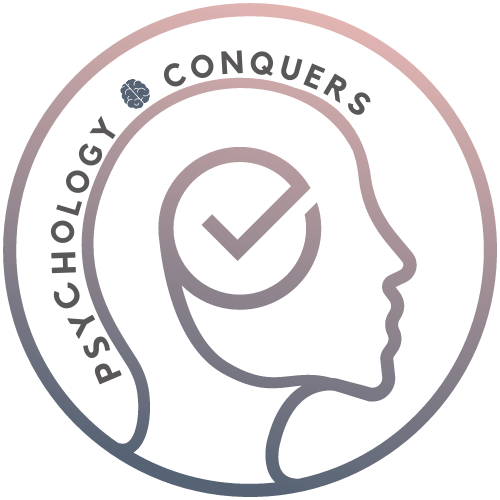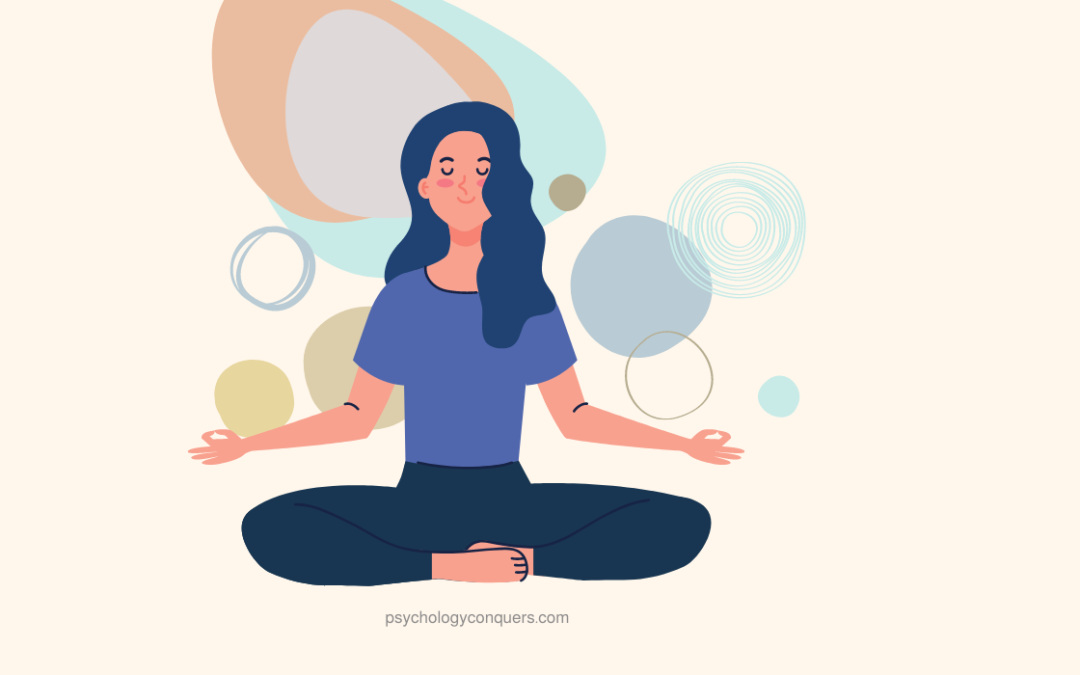I think in the generation now, everyone is familiar with the terms “mindfulness” and “meditation”. These 2 are changed interchangeable. But what does it really mean?
According to Merriam-Webster, mindfulness is, “the practice of maintaining a nonjudgmental state of heightened or complete awareness of one’s thoughts, emotions, or experiences on a moment-to-moment basis.” Meditation on the other hand is, “the act or process of spending time in quiet thought.”
So, what is the difference between meditation and mindfulness?
As John-Kabat Zinn mentioned, mindfulness is the awareness that arises through paying attention, on purpose, in the present moment, non-judgmentally. Walsh and Sapiro (2006), says that meditation is a practice where an individual uses a technique – such as mindfulness or focusing the mind on a particular object, thought, or activity – to train attention and awareness, and achieve a mentally clear and emotionally calm and stable state.
To make it brief, meditation is a practice and one way of doing meditation is through mindfulness. Mindfulness is just one of the many ways one can meditate. But I’ll focus on mindfulness meditation for this post.
When I refer to mindfulness, it’s a guided meditation that encourages an individual to focus on the present through breath, awareness of the body, and other techniques so you’ll have complete awareness.
During the course of pandemic, I found myself being overwhelmed with my emotions. It’s the first time I’ve encountered a “pandemic” such as this where I’m not allowed to go outside. The usual routine of Mondays to Fridays were disrupted. Of course, it was okay at first. I knew I needed some time to rest. But nobody knew it would last for a year.
I know I am the kind of person who thrives when I know I have a sense of control. But this pandemic proved that that sense of control can be taken away any moment from now. What seemed to be normal for me and for everyone around me suddenly changed. Now people were asked to go inside their houses for long periods of time.
And being isolated and alone made us depressive and sad. More on that later.
But one of the things that helped in this pandemic is doing mindfulness meditation. It kept me deal with my emotions when I was overwhelmed. It made me focus on what’s going right instead of focusing on what’s not. Moreover, it helped me to go through my day calmly and continue day-to-day activities.
Reasons why mindfulness is helpful during a pandemic.
- Calm amidst uncertainty
Pandemic has proved that anything can happen and that change is inevitable. It can happen in a snap or time that we least don’t expect it. Pandemic proved that no one is in control of everything and even if you admit it or not, there are just things outside of what you can control.
When you are out of control, what do you usually feel?
It could be anger, fear, frustration that turns into anxiety and stress. These emotions turn into difficult emotions that could paralyze you from work, school or generally continuing your day.
This is where mindfulness can come. It’s not going to make the pandemic go away, nor control the people around you to respond the way you want it nor make your situation seem like it’s already better.
Mindfulness make you feel calm by helping you focus on the present moment through your breath. There are a lot of research about how mindfulness keeps the mind from being stressed.
Mindfulness affects the brain. Hippocampus is an area of the brain that changes when mindfulness practice is continually done. Hippocampus is believed to be part when it comes to emotional regulation.
In another research, participants who underwent Mindfulness-based stress reduction (8 week period that involves group classes and daily mindfulness exercise) showed rise in the density of grey matter in the hippocampus. This reflects improved emotional regulation and a perceived reduction in stress.
- Handling emotions better
Going through a pandemic, being in lockdown, could bring different emotions. There is research that more people experienced stress and anxiety during this pandemic. Numbers of people who are suicidal also increased.
Of course, there are those who are having difficulty because of a mental health condition like clinical depression, bipolar. But for those who can normally function, it does not protect us from experiencing anxiety too. Being mindful will not also protect us from anxiety, but it would definitely help in managing emotions.
- Relaxed mind
Instead of things that you can’t control, mindfulness encourages you to be focused on the present moment. It’s not getting so caught up in the past, nor being so focused of what the future looks like.
Mindfulness grounds you to look at the present moment and instead of judging or labeling it, you look at your situation with openness and non-judgment. When you don’t judge your present situation, then your mind doesn’t need to “protect” you.
That’s what the mind does. It’s continually on the lookout for protecting you. It is its instinct to do that in order to survice. However, not all the times that you need to protect yourself. That’s why overthing happens. When one though rises, you respond to that thought until you mind becomes clouded.
- Proactive rather than reactive
Think of a scenario where you are felt angry or frustrated. This could be your boss giving you some feedback, hearing the news and it’s most of the times negative, having a conflict or fight with your partner, or getting caught up with an argument with a sibling or a parent. These things happen often, and you could lose in the moment. Especially during this pandemic, everyone is mostly at home. Not being able to go out could affect you <resource>.
Mindfulness helps you to assimilate your thoughts properly in every situation. It trains the mind to assess thoughts first rather than acting out of your emotions.
- Serves as self-care
Taking care of yourself mentally and psychologically is one of the biggest realizations this pandemic pushed us to have. Even though you are at home, it doesn’t mean that you feel good. As mentioned a while ago, being isolated for several months could cause <insert resource>
As you take care of yourself physically, you also need to take care of yourself psychologically. Being mindful helps in that.
How to set up for meditation
- Location
Find a place in your house that’s quiet and you will not be distracted. This could be in your bedroom. Sit quietly and make sure that you not easily fall asleep when doing your mindfulness practice.
- Choose whether guided meditation or not
There are others who do their mindfulness without any guide, they just focus on their breath. If you are a beginner, using a tool or app could help you. You can always choose to let go of the tool when you’re ready, but using an app helps you and brings you back to the present moment in case you got distracted.
Found by Andy Puddicombe, this app has a very cute interface for both iOs and Android. It provides meditations, sleep and has a today feature that you can follow.
Founded by Alex Tew & Michael Acton Smith, this app was awarded Apple’s App of the Year 2017. It provides several meditations as well as sleep stories.
- Time
For you to create a new habit, setting up a routine is vital. Choose time of the day that best helps you, one that keeps you awake, and one that you can keep daily. You can choose morning after you wake up. This helps you get prepared for the day mentally. You can choose afternoon or during the middle of the day, because it helps to pause when there’s so many things left for you to do. Of you can choose evening right before you sleep.
Whatever you choose, be consistent. Some people might find it uncomfortable to do this. Some would even feel uneasy because it’s their first time. Don’t worry. Every one has their own pace and process.

